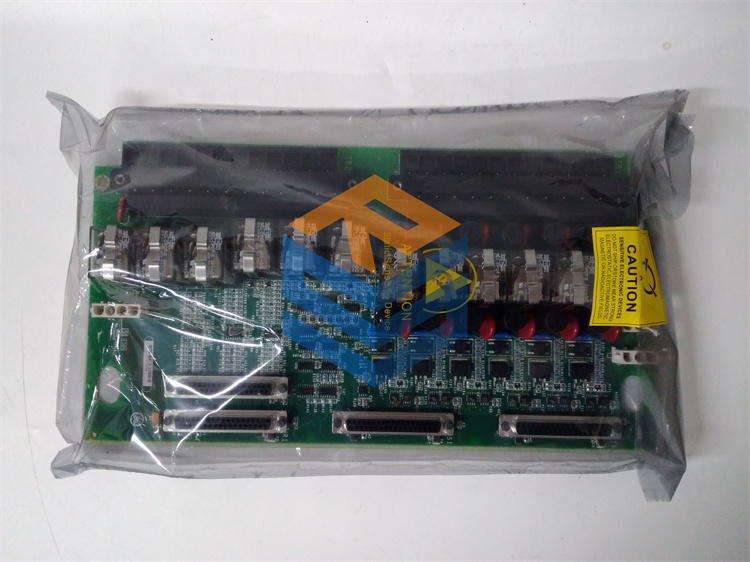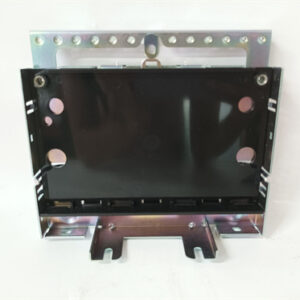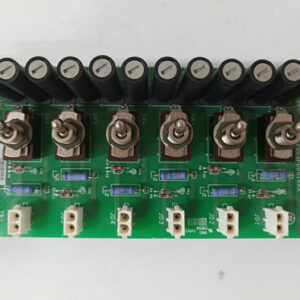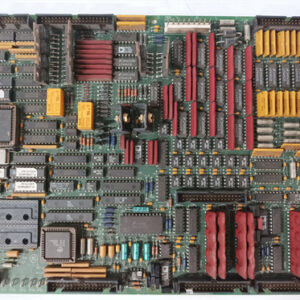الوصف
The GE part number IS200DPWAG1A is an Excitation Power Terminal Board used in GE’s Mark V and LM (LM series gas turbines) control systems. Its primary function is to serve as the interface for power and control signals related to the excitation system of a generator. ⚡
Function and Key Features
A generator’s excitation system controls its output voltage, which is critical for maintaining stable power. This terminal board is a wiring hub for the power-related components of that system.
- Wiring Interface: The board provides terminals for connecting high-power wiring from the excitation system’s power source to the control electronics. It also handles the wiring for various control signals that regulate the power flow.
- Excitation Power: The “Excitation Power” in the name specifies that this board is dedicated to handling the power signals that drive the generator’s exciter, which in turn controls the generator’s field winding.
- Terminal Board (@5): The “@5” in the part number likely refers to a specific design revision or a type of terminal block used on the board.
- System Integration: This board simplifies the wiring and organization of the power connections to the main control cards within the Mark V system, making installation and troubleshooting easier.
- Robust Design: Like all GE industrial control components, it’s built to withstand the harsh conditions of a power plant.
Applications
The IS200DPWAG1A is a legacy component primarily found in power generation facilities. It’s used in:
- Excitation Systems: It’s a key part of the control system for large generators in power plants, ensuring the generator’s output is stable and reliable.
- Power Control: It provides a critical point for connecting and managing the power and control signals that regulate the generator’s performance.



 +86 15340683922
+86 15340683922 +86 15340683922
+86 15340683922


